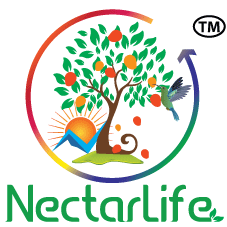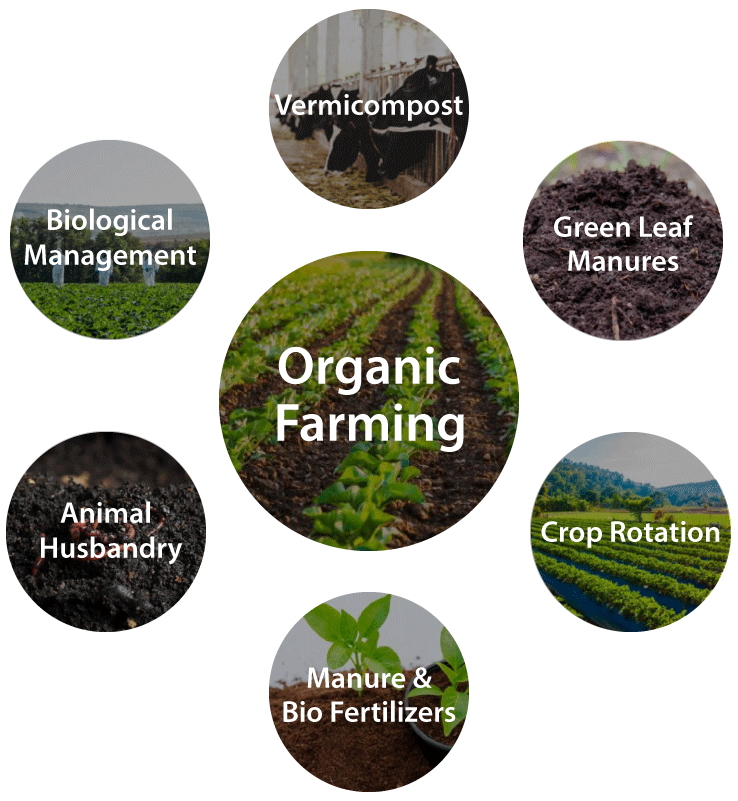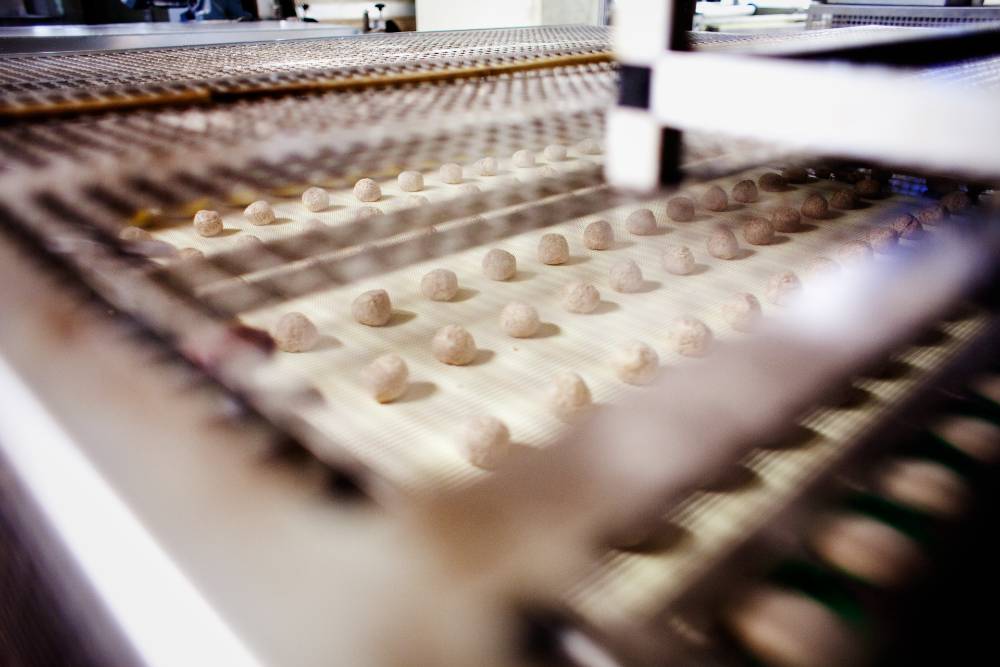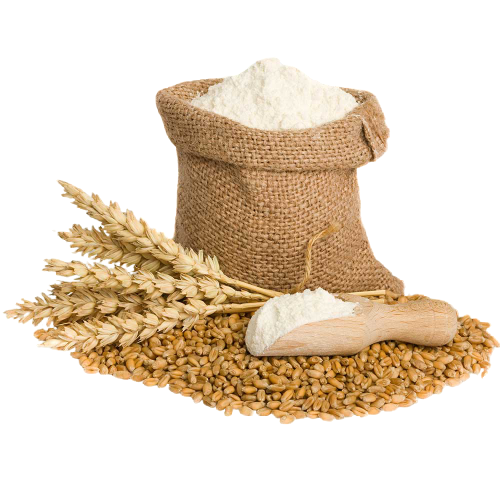- 8050752991/9686890910
- 8050752991

Menu
Menu

Involved in Organic farming of agricultural, dairy, commercial spices and processed food products.
Learn moreIt is defined by the use of fertilizers of organic origin such as compost manure, green manure, and bone meal and places emphasis on techniques such as crop rotation and companion planting. Biological pest control, mixed cropping and the fostering of insect predators are encouraged.
Food processing is the transformation of agricultural products into food, or of one form of food into other forms. Food processing includes many forms of processing foods, from grinding grain to make raw flour to home cooking to complex industrial methods used to make convenience foods.
Organic Agriculture and a Organic farming is an agricultural system which originated early in the 20th century in reaction to rapidly changing farming practices. Certified organic agriculture accounts for 70 million hectares globally, with over half of that total in Australia. Organic farming continues to be developed by various organizations today. It is defined by the use of fertilizers of organic origin such as compost manure, green manure, and bone meal and places emphasis on techniques such as crop rotation and companion planting.
Biological pest control, mixed cropping and the fostering of insect predators are encouraged. Organic standards are designed to allow the use of naturally occurring substances while prohibiting or strictly limiting synthetic substances. For instance, naturally occurring pesticides such as pyrethrin and rotenone are permitted, while synthetic fertilizers and pesticides are generally prohibited. Synthetic substances that are allowed include, for example, copper sulfate, elemental sulfur and Ivermectin. Genetically modified organisms, nanomaterials, human sewage sludge, plant growth regulators, hormones, and antibiotic use in livestock husbandry are prohibited. Organic farming advocates claim advantages in sustainability, openness, self-sufficiency, autonomy/independence, health, food security, and food safety.

Food processing is the transformation of agricultural products into food, or of one form of food into other forms. Food processing includes many forms of processing foods, from grinding grain to make raw flour to home cooking to complex industrial methods used to make convenience foods. Food Processing is the process of transforming food items into a form that can be used. It can cover the processing of raw materials into food via different physical and chemical processes. Various activities covered in this process are mincing, cooking, canning, liquefaction, pickling, macerating and emulsification.
Major industries constituting the food processing industry are grains, sugar, edible oils, beverages and dairy products. The key sub-segments of the Food Processing industry in India are Dairy, Fruits & Vegetables, Poultry & Meat processing, Fisheries, Food retail, etc.

Processing makes food more edible, palatable and safe, and preserves it so it can be eaten beyond the harvest season. Food processing is also a tool that offers greater variety in foods and therefore increases the consumer's choice.
Our objective and goal of organic agriculture is to optimize the health and productivity of interdependent communities of soil life, plants, animals and people.
Contact Us
WhatsApp us